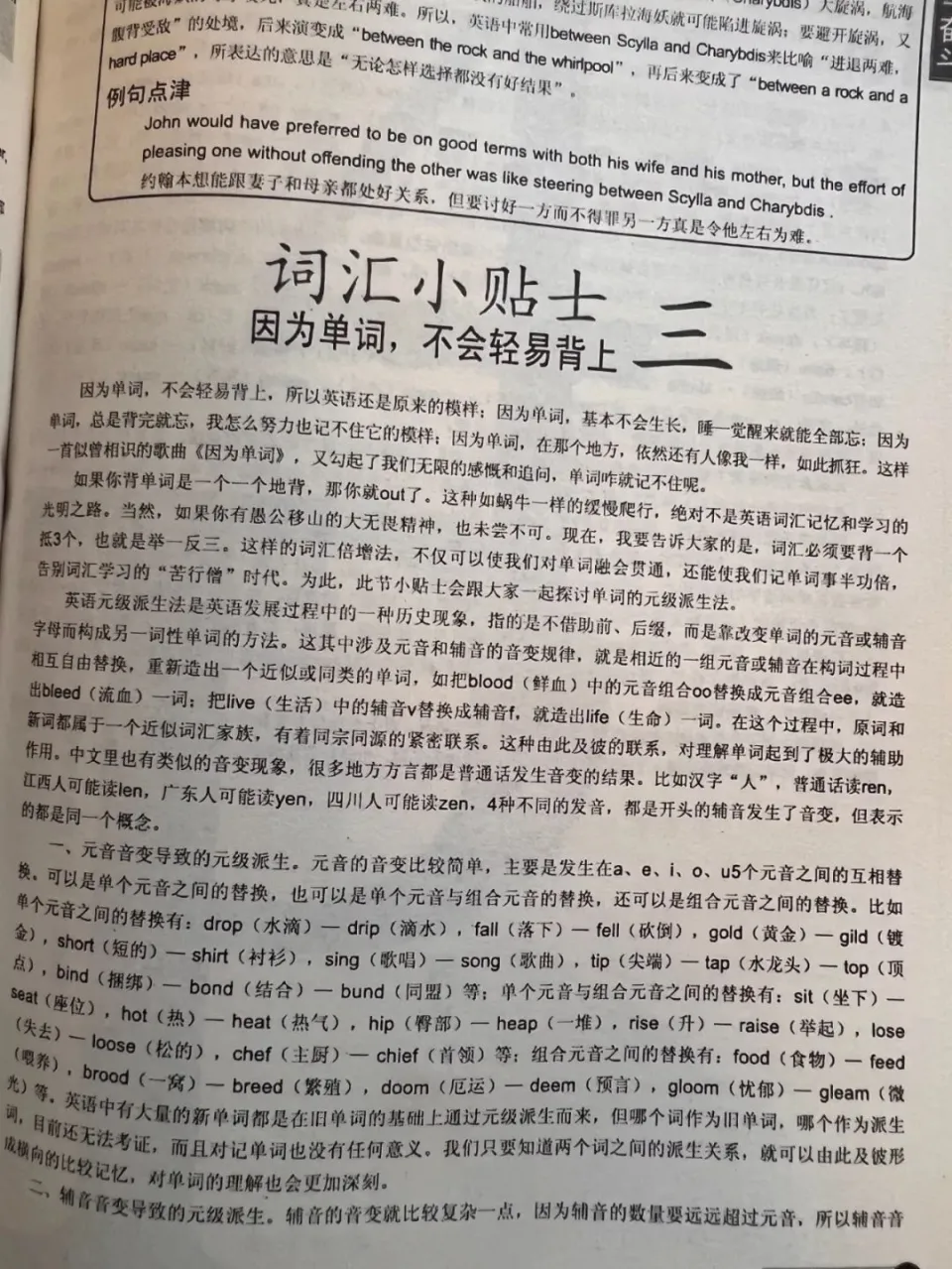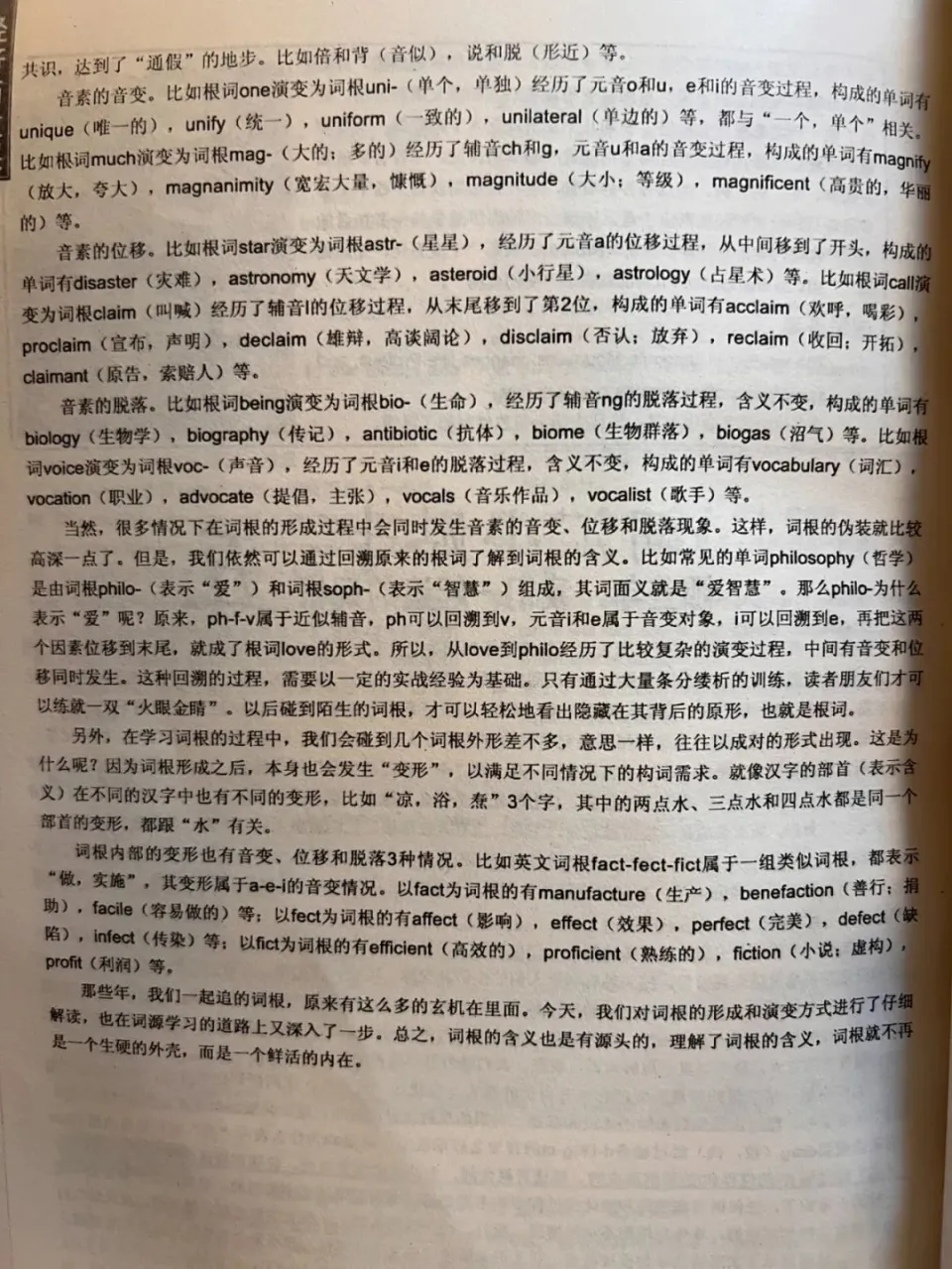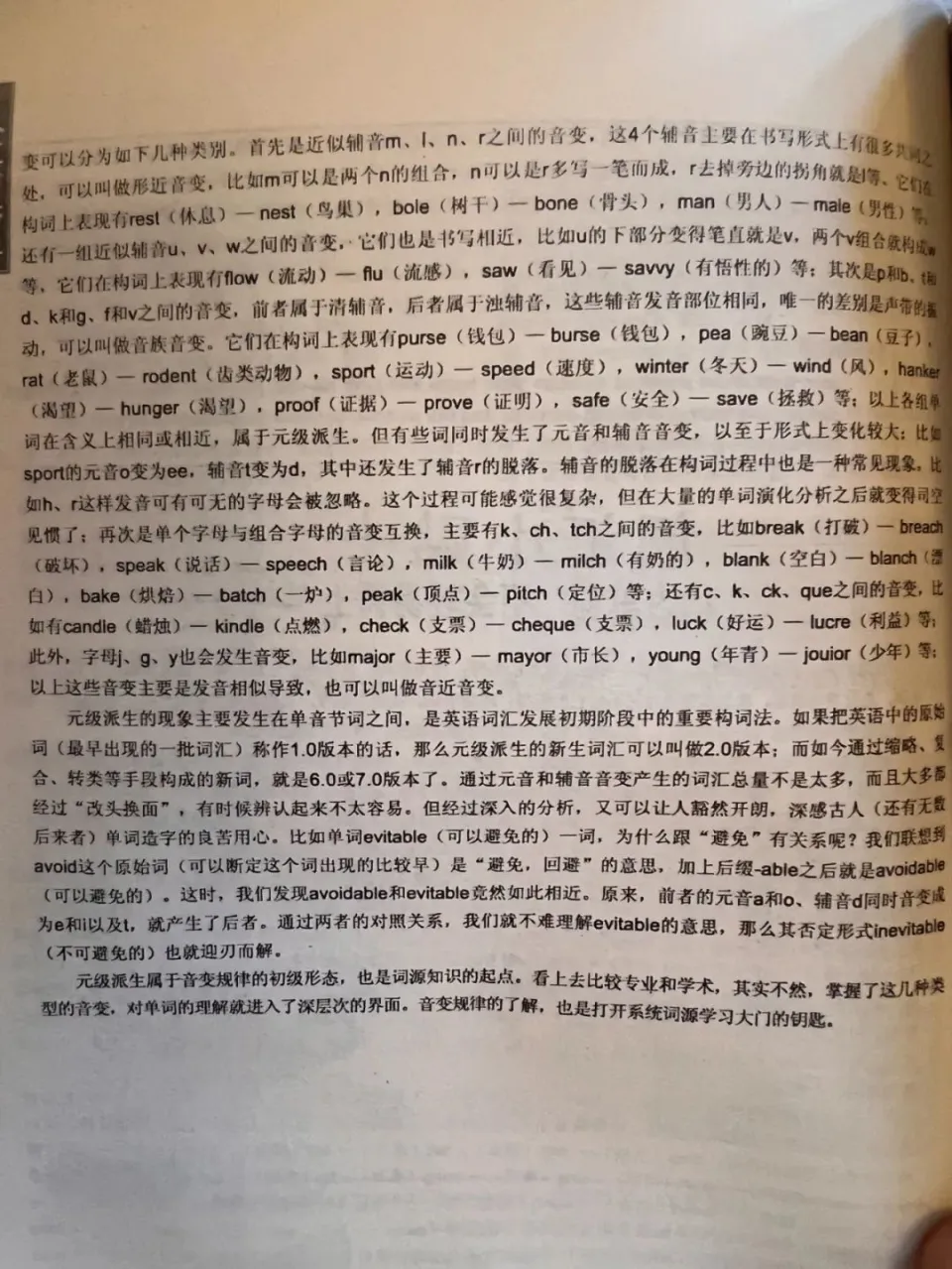温尼科特出身 于1896年,英国精神剖析 学家,在弗洛伊德之后的精神剖析 派别 中,温尼科特具有非凡的创新精神和独特的视角。他想帮助人们成为充足好的父母,而不是人们所期望的成为杰出年夜 概完美的父母,充足好就可以了
|
温尼科特出身 于1896年,英国精神剖析 学家,在弗洛伊德之后的精神剖析 派别 中,温尼科特具有非凡的创新精神和独特的视角。他想帮助人们成为充足好的父母,而不是人们所期望的成为杰出年夜 概完美的父母,充足好就可以了。那怎么做到呢? 01. 谨记你的孩子很软弱 02. 答应孩子发泄愤怒 03. 确保你的孩子别那么听话 04. 让孩子顺其自然 地发展 05. 认识到父母脚色的紧张性 How do you build a better world? There are so many well-known, urgent places you might start: malaria, carbon emissions, tax evasion, the drug trade, soil erosion, water pollution… Donald Winnicott deserves his place in history because of the dramatic simplicity of his approach. He proposed that the happiness of the human race depended ultimately not so much on external political issues, but on the way parents bring up their children. Born in 1896, Winnicott was Britain’s first medically-trained child psychoanalyst. Although he had no children of his own, he played a crucial and devoted role in public education around child-rearing, delivering some 600 talks on the BBC, tirelessly lecturing around the country and authoring 15 books, among which the bestselling collection of essays, *Home is Where We Start From*. 你要怎样建设一个更好的世界呢?年夜 概,你会从浩繁广为人知的棘手 标题开始办理:疟疾、碳排放、逃税、毒品交易、泥土腐蚀、水污染……唐纳德·温尼科特之所以能名垂青史,是因为 他的做法极其简朴。他提出,人类的幸福最终 并不取决于外部的政治标题,而是取决于父母的育儿方法 。温尼科特出身 于1896年,是英国第一位担当医学训练的儿童生理剖析 师。尽管 他自己没有孩子,但他在育儿的公共教育方面发挥了至关紧张的浸染 ,他通过英国广播公司举办 了600多场讲座,在全国规模 内孜孜不倦地授课,撰写了15本著作,其中最著名的是漫笔《家是我们动身的地方》。 It was rather strange that Winnicott should even have been English, given that his country was notorious, then as now, for its lack of tenderness and its resistance to introspection. And yet Winnicott’s brand of psychoanalysis was, on closer inspection, peculiarly English. There was a characteristic English modesty about what he saw as the point of child psychoanalysis. His famous radio series was simply titled *The Ordinary Devoted Mother and Her Baby*. In his own words, he wanted to help people to be “good enough parents”; not brilliant or perfect ones (as other nations might have wished), but just OK. So, what would it take, in his eyes, to encourage the “good enough” parent? Winnicott put forward a number of suggestions: 不可思议的是,温尼科特竟然是英国人,毕竟,无论是过去还是现在,英国人皆因不够温顺 、谢绝 反省而名声不佳。不过,仔细不雅 察温尼科特的生理剖析 法,就会发现其独有的英国特色 。在儿童的生理剖析 方面,他的概念 体现出了英国人特有的谦虚。他著名的广播节目标题非常简朴——《平凡的慈祥母亲和她的孩子》。用他自己的话来说,他想帮助人们成为“充足好的父母”,而不是像其他国家人们所期望的那样,成为杰出年夜 概完美的父母,充足好就可以了。那么,在他看来,怎样才气鼓励人们成为“充足好”的父母呢?温尼科特给出了一些发起 : 1. **Know that your child is fragile**: Winnicott begins by impressing on his audience how psychologically fragile an infant is. It doesn’t understand itself, it doesn’t know where it is, it is struggling to stay alive, it has no way of grasping when the next feed will come, and it can’t communicate with itself or others. Winnicott’s work never loses sight of this, and he therefore repeatedly insists that it is those around the infant who have to adapt, so as to do everything to interpret the child’s needs and not impose demands for which the child is not ready. 谨记你的孩子很软弱 :一开始,温尼科特先给听众们先容了婴儿的生理有多么的软弱 。婴儿不了解自己,它不知道自己在那里,它苦苦挣扎,努力生存,它不知道下一次的进食在什么时间,它无法跟自己年夜 概其他人沟通。温尼科特的研讨 从未忽视这一点,是以 他频频夸年夜 ,婴儿附近的人必需 适应这一点,从而尽力地明白婴儿的需求,而不是把需求强加给婴儿。 2. **Allow the child to be angry**: Winnicott knew what violence and hate there could be in a healthy infant. Referring to what happens if a parent forgets a feed, he cautioned: “If you fail him, it must feel to him as if the wild beasts would gobble him up.” But though the infant might sometimes want to kill and destroy, it is vital for the parents to allow rage to expend itself and for them not in any way to be threatened or moralistic about so-called “bad” behaviour. As he puts it: “If a baby cries in a state of rage and yet the people round him remain calm and unhurt, this experience greatly strengthens his ability to see that what he feels to be true is not necessarily real.” 答应孩子发泄愤怒:比喻 ,温尼科特知道康健的婴儿会有着怎样的暴力和愤恨欲。他申饬 父母们:“如果你们让婴儿掉 望了,他们肯定觉得要被野兽吞噬一般。”然则 ,尽管 婴儿偶尔候年夜 概会有杀戮和破坏的愿望 ,对于父母来说,答应孩子发泄怒气是至关紧张的,不要让孩子觉得受到威胁,也不要因所谓的“不良”行为而对其说教。正如他所说的:“如果小孩子在愤怒的时间年夜 哭,而附近照料的人却无动于衷,毫无反响 ,这样的经验 会让他越创造 确,自己感情上的猛烈感触感染 并纷歧 定反映出了真实的外部世界。” 3. **Ensure your child is not too good**: Parents are delighted when infants and children follow their rules. Such children are called good. But Winnicott was very scared of “good” children. He believed that they were the children of parents who could not tolerate too much bad behaviour and demanded compliance too early and too strictly. This would lead, in Winnicott’s formulation, to the emergence of a False Self—a persona that would be outwardly compliant and good, but was suppressing its vital instincts. In Winnicott’s scheme, adults who can’t be creative, who are somehow a little dead inside, are almost always the children of parents who have not been able to tolerate defiance and have made their offspring “good” way before their time, thereby killing their capacity to be properly good and properly generous and kind. 别让孩子太服从 :如果婴幼儿依照父母定下的规矩 ,父母就会很欣慰,这样的孩子被称为是好孩子。但温尼科特却很担心这样的“好”孩子。他认为,这是因为 这些孩子的父母无法容忍太多不良行为,而过早举办 严加管教带来的结果。按照温尼科特的说法,这会导致孩子出现虚假的自我——一种外貌服从 善良,但心田克制紧张本能的表象品德。在温尼科特看来,那些没有创造力、心田活力 不敷的成年人,他们的父母根本上都是那种无法忍受 孩子不听话,逼迫孩子早早懂事的父母,于是扼杀 了他们变得适度的好,适度的慷慨和善良的能力。 4. **Let the child grow naturally**: Every failure of the environment forces a child to adapt prematurely. For example, if the parents are too chaotic, the child will quickly try to over-think the situation. Its rational faculties are over-stimulated (it may, in later life, try to be an intellectual). A parent who is depressed might unwittingly force the child to be too cheerful, giving it no time to process its own melancholy feelings. Winnicott saw the dangers in a child who, in his words, has to “look after mother’s mood.” Winnicott had a special hatred for people who are always jogging babies up and down on their knees trying to produce a giggle. This was merely their way of warding off their own sadness, by demanding laughter from a baby who might have very different things on its mind. For Winnicott, the primordial act of parental health is simply to be able to tune out of oneself for a time, in the name of empathising with the ways and needs of a small, mysterious, beautiful, fragile person whose unique otherness must be acknowledged and respected in full measure. 让孩子顺其自然 地发展:发展情况中的每一个标题都会迫使孩子过早成熟。比喻 ,如果父母生活的过于杂乱,孩子很快就会试着过度思考当下的情况。孩子的理机能 力受到过度刺激(年夜 概,孩子日后年夜 概会成为一名知识分子)。抑郁 的父母年夜 概会在不知情的情况下逼迫孩子过于乐不雅 ,让孩子没偶尔间来处理自己的担心感情。温尼科特看到了孩子身上存在的一些风险,用他的话说,这类孩子还得“照料 母亲的心情”。温尼科特特殊憎恶 那些把孩子抱在腿上,颠来颠去试图以此逗孩子笑的人。这仅仅是一种通过让小孩子笑而回避 自己心田悲伤的方法 ,对于这种做法,小孩子心田年夜 概有差其余 看法。对于温尼科特来说,康健地育儿最根本的行为就是简朴地让孩子顺其自然 ,出于对弱小、神秘、漂亮且软弱 性命 的怜悯,对他们的行为和需求感同身受,承认他们的独特性,完整 地恭顺 他们。 5. **Recognise the importance of the parental role**: Many of the parents Winnicott saw were worn down by their work. Winnicott tried to bolster them by reminding them of the utmost importance of what they were doing. They were, in their own way, as significant to the nation as the Prime Minister and the Cabinet. Winnicott called parenting: “the only real basis for a healthy society, and the only factory for the democratic tendency in a country’s social system.” In his descriptions of what parents should do for their children, Winnicott was in effect referring to a term which he rarely mentioned directly: love. We often imagine love to be about a magical intuitive “connection” with someone. But, in Winnicott’s writings, we get a different picture. Love is about a surrender of the ego, a putting aside of one’s own needs and assumptions, for the sake of close, attentive listening to another person, whose mystery one respects, along with a commitment not to get offended, not to retaliate, when something “bad” emerges, as it often does, when one is close to someone, particularly a child or even an adult. 认识到父母脚色的紧张性:温尼科特碰到的很多父母都因育儿而疲劳不堪。温尼科特试着通过提醒他们父母脚色的紧张性,从而给予各位父母鼓励。各位父母对国家带来的影响不亚于宰衡和内阁。温尼科特把育儿称为:“康健社会的独一 真正底子,在一个国家社会系统中,是民主发展 的独一 工厂。”关于父母应当 为孩子做些什么,温尼科特的描写 现实上指的就是他很少直接说起 的一个词:爱。我们经常想象爱是一种和某人之间在直觉上的神奇联系,然则 ,在温尼科特的著作中,我们得到了差其余 概念 。爱是放弃以自我为中央,经常是在出现不好的状态时,靠近另外一小我 ,尤其是孩子,年夜 概是成年人,可以年夜 概答应不侵犯、不抨击,恭顺 另外一小我 的难言之隐,将自己的需求和假设放到一边,仔细、认真 地聆听对方的设法主意 。 Since Winnicott’s death, we’ve collectively grown a little better at parenting. But only a little. We may spend more time with our children, we know in theory that they matter a lot, but we’re arguably still failing at the part Winnicott focused on: adaptation. We still routinely fail to suppress our own needs when we’re with a child. We’re still learning how to love our children, and that, Winnicott would argue, is why the world is still full of the walking-wounded, people of outward “success” and respectability who are nevertheless not quite “real” inside and inflict their wounds upon others. We’ve a way to go until we are fully “good enough.” It’s a task – Winnicott would have insisted – that’s in its own way as important as any other. 自温尼科特去世以来,我们在育儿方面总体上取得了一些进步,但只是很小的进步。我们年夜 概会花更多时光 和孩子相处,在理论上,我们都知道孩子非常紧张,但我们仍没能做到温尼科特重视的那件事:适应。当我们和孩子在一起时,我们依旧无法抑制自己的需求。我们依然还在学习 怎样爱孩子,温尼科特认为,这就是为什么世界上依旧充满受伤的人,他们外貌成功,受人尊敬,但心田却不够真实,还会把伤害带给别人。想变得“充足好”,我们还有很长的路要走。温尼科特坚信,这是一项和其他工作同样紧张的变乱。 By: The School of Life 如果如果你的单词量一直涨不上去,怎么背单词都没有用,但又盼望冲破 到七八千甚至一万,送你一本单词书。拥有这本书就如同孙悟空拥有了一双火眼金睛,从此看到任何单词,你都能穿透单词的表象抵达本色 ,你都可以年夜 概连词成串,闻一知十,实现词汇量的指数级增加 ,并且根深蒂固在你的影象里。     |
2025-05-03
2025-03-05
2025-02-26
2025-03-05
2025-02-26